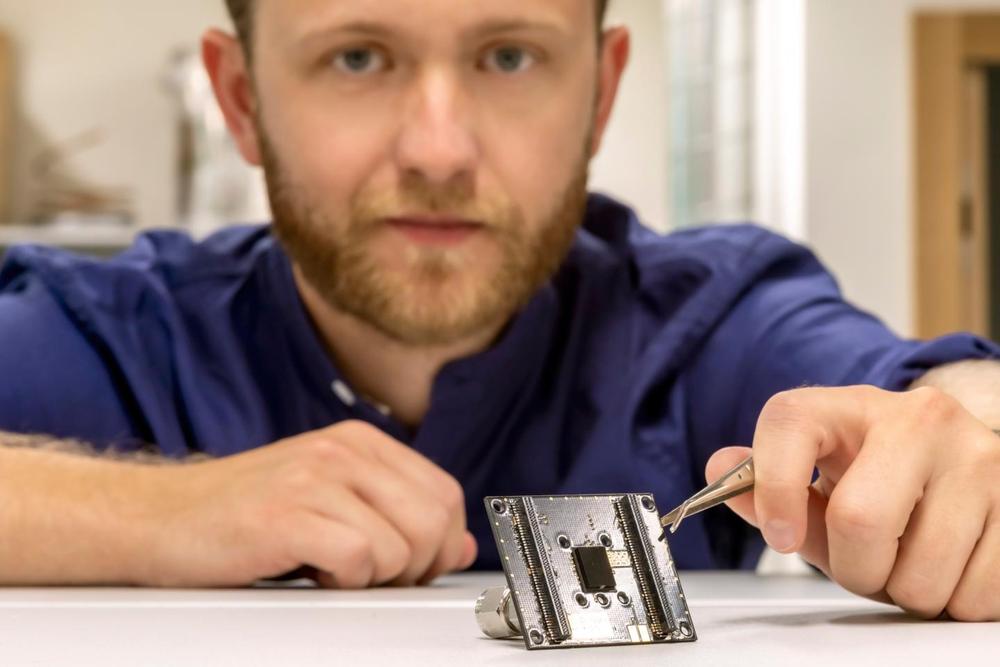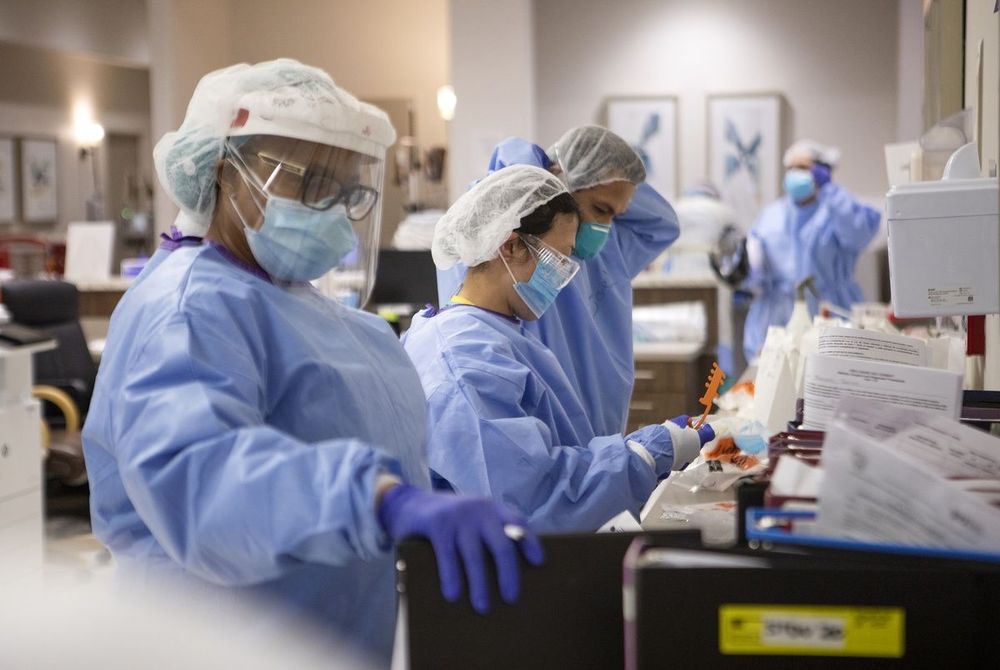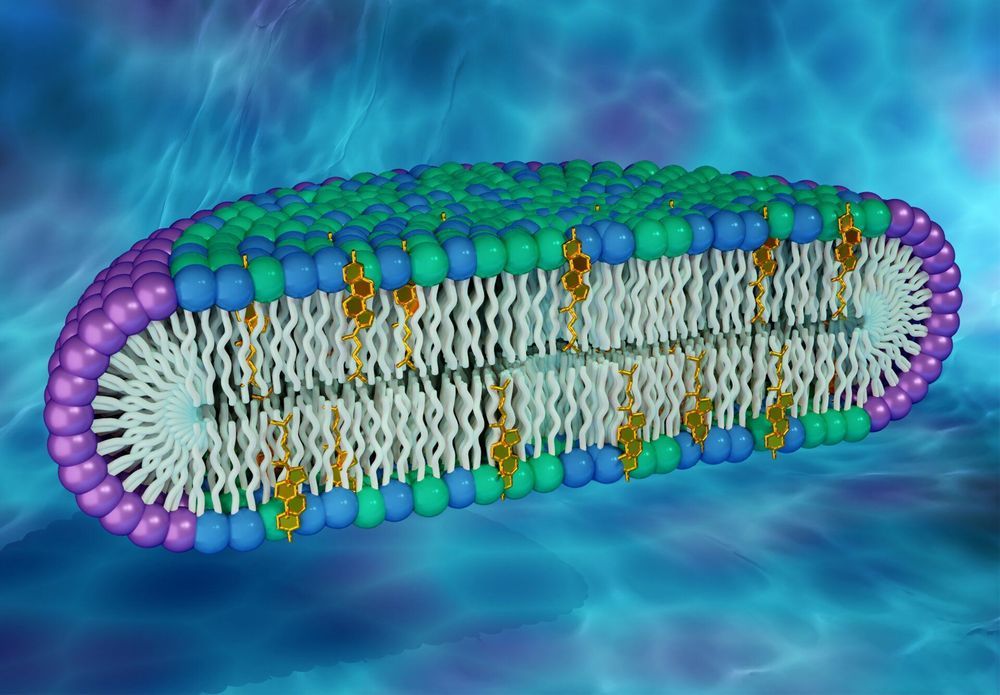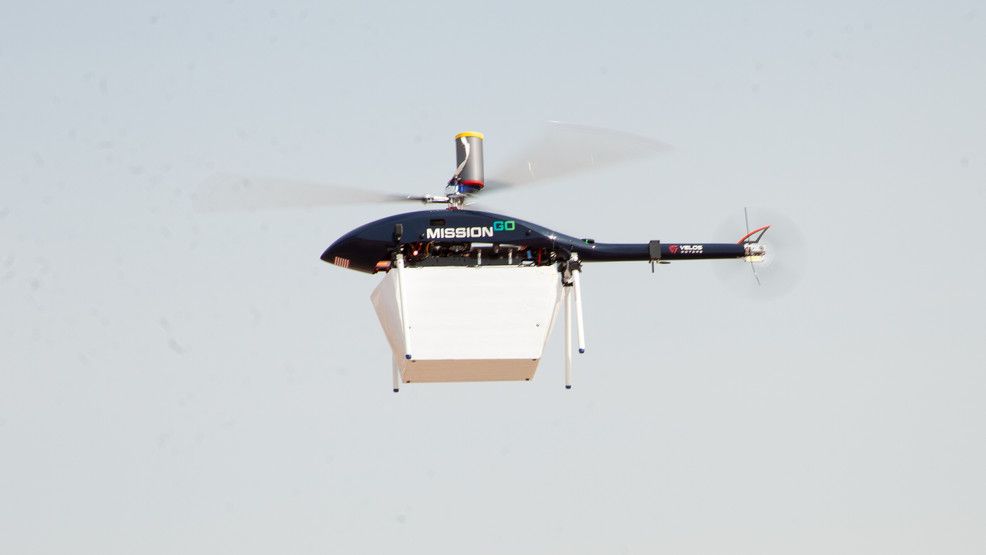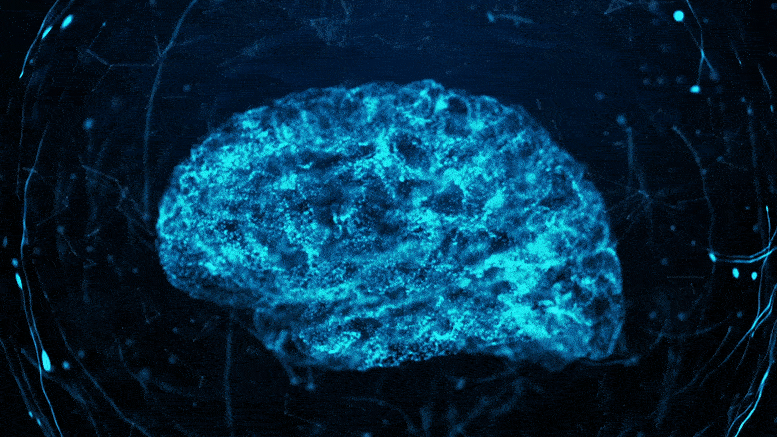Sep 25, 2020
World’s smallest fine particle air pollution sensor fits inside a phone
Posted by Quinn Sena in categories: biotech/medical, health, mobile phones, wearables
Air pollution involving very fine dust, such as PM2.5 particles, poses a serious threat to human health. Scientists in Austria have developed what they call the smallest particle sensor in the world, designed specifically to detect these harmful pollutants and offer a highly localized picture of air quality by being integrated into wearables and mobile devices.
According to the World Health Organization, air pollution contributes to more than four million premature deaths each year. While PM10 particles with a diameter of 10 microns or less can also make their way into their lungs, the finer PM2.5 particles are even more dangerous, as they can penetrate the lung barrier, slip into the blood stream and, through chronic exposure, cause severe forms of cardiovascular and respiratory disease, along with other health problems.
Concentrations of PM2.5 particles can be gauged through monitoring stations positioned around cities and regions, in fact the US Environmental Protection Agency uses a nationwide network of these stations to track air quality trends. But scientists from Austria’s Graz University of Technology (TU Graz) have been working on a more cost-effective, compact and versatile solution that can alert individual users of dangerous conditions in real time.
